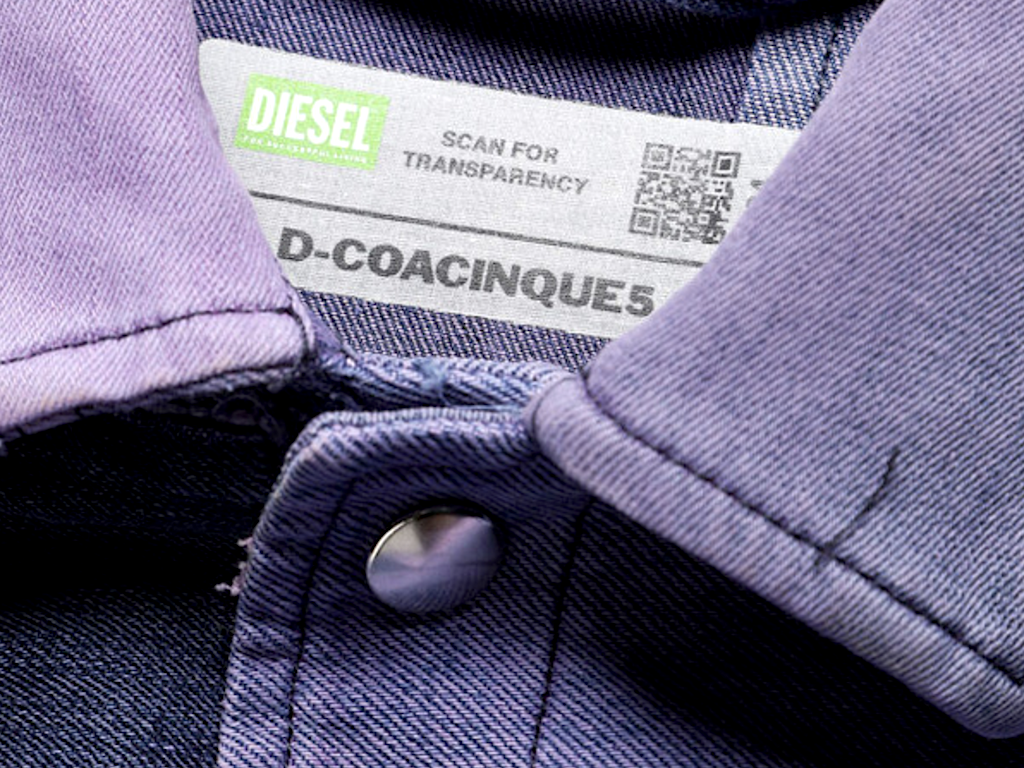3 Mins Read
As sustainability continues to take over fashion, a new report says that the circular fashion industry has the potential to become a US$5 trillion market. While businesses have been keen to incorporate the concept of circularity in recent years, researchers say that a digital-forward approach to close the industry’s loop will be the key to scale up the emerging circular fashion economy.
The report, published by the Circular Fashion Summit led by blockchain-powered traceable circular fashion platform Lablaco, predicts that the circular fashion industry could grow from its current size of US$3 trillion to US$5 trillion – with the help of digital technology platforms. The research was conducted in partnership with analysts from PwC, Anthesis, ESSEC Business School, Wageningen University and Research and Vogue Business.
“We have seen in the past 10 years how other industries have been digitised and revolutionised by technology platforms. And this is what is about to happen in the fashion industry,” wrote the authors of the Circular Fashion Report 2020.
At the core of the concept of circularity in fashion is to ensure that all materials can be reused, recycled and reintroduced into the value chain in order to slash the enormous waste and pollution footprint of the industry, which has long been operating on a linear use-and-throw model.
We have seen in the past 10 years how other industries have been digitised and revolutionised by technology platforms. And this is what is about to happen in the fashion industry.
Circular Fashion Report 2020
It has gained ground amongst leading fashion houses in recent years, as consumers put brands under greater scrutiny and pressure to clean up their act and end their role in fuelling the climate crisis. United Nations data estimates that the global fashion industry is responsible for 10% of global carbon emissions, 92 million tonnes of annual landfill waste and 20% of water wastage.
While the emerging circular fashion economy is still in its early stages, the researchers believe that it is set to grow significantly in the coming months and years. With the help of technological solutions to transform the way we currently operate “from consumption to ownership” and “from physical to digital”, they believe that the vast quantities of resource wastage that the industry still produces can be eliminated from the supply chain.
This will involve scaling-up existing digital solutions that make up the current US$3 trillion fashion industry, such as the US$6 billion virtual fitting room market, the US$40 billion sustainable fibre market, and the US$16 billion 3D-printing economy. It also includes the fast-growing secondhand, preloved, resale and rental sectors, many of which are already operating on tech-forward platforms.
In addition to accelerating the growth of such technologies, the report argues that new tech innovations will also contribute to the growth of the economy to reach its potential US$5 trillion market size. Specifically, the analysts believe that product-centric solutions to make fashion increasingly traceable, transparent and sustainable will fuel the emerging circular industry.
2020 put a hard brake on time for everyone to rethink the way we operate our businesses.
Lorenzo Albrighi & Eliana Kuo, Co-Founders of Lablaco
“Collectively leveraging open innovation, we could achieve a more efficient digital and sustainable fashion sector,” said Stefano Galassi, managing director of Starupbootcamp.
The report additionally mentions that the current coronavirus pandemic is already changing consumer trends and the demand for circular fashion innovation, and will propel fashion even more towards the virtual world.
“86% of consumers have made online fashion purchases over the last 12 months,” said the authors. “Digital engagement will be robust and diversified. Consumers will experiment with and accelerate new channels, such as mobile.”
“2020 put a hard brake on time for everyone to rethink the way we operate our businesses,” said Lablaco co-founders Lorenzo Albrighi and Eliana Kuo. “Let’s work together toward a more inclusive, profitable and sustainable industry, today.”
Lead image courtesy of Diesel.




